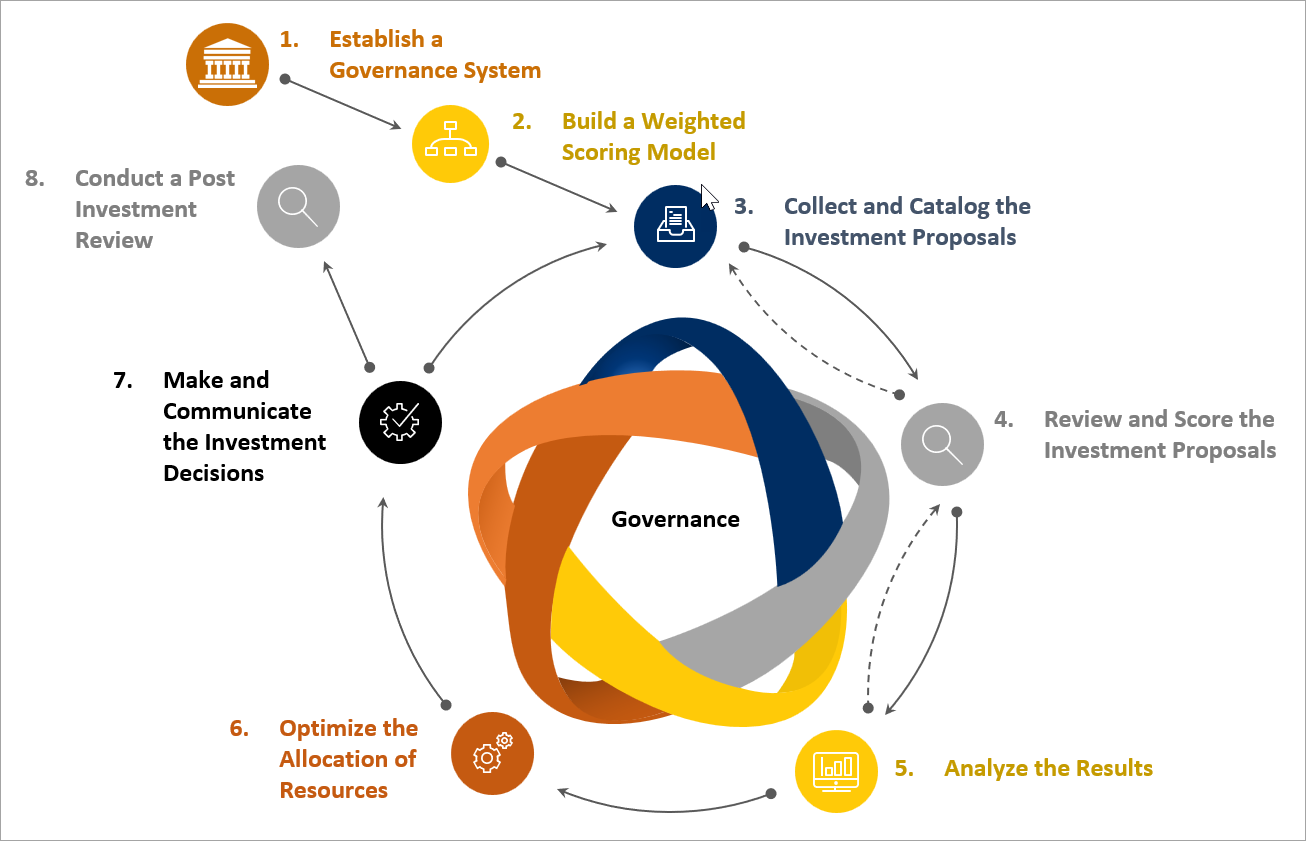
Effectively Using Decision Support Solutions (Part III of III): Decision Support Solution
October 8, 2021
Third-Party Risk Management: Getting the Most of Limited Risk Management Budgets
January 30, 2022Diamonds In The Rough: A Perspective on Making High Impact College Hires

Over my almost 30 years in the banking and decision sciences business, I have had the privilege of hiring, managing, leading, and being led by many fabulous people. My personal style and approach to people management and leadership have evolved over the years. My evolution has much less to do with the changing hiring environment or even the differences between generations, and more to do with my own personal journey and leadership experiences.

But, no doubt, more than ever, an organization’s human resources aptitude is the difference between success and mediocrity. Leaders must care deeply about their organization’s ability to attract and retain talent.
Earlier in my career, I led Risk Consulting advisory practices for both KPMG and IBM, providing advisory and technology-based services to the banking industry. Today I lead a software and advisory business for Definitive Business Solutions. I devoted the first part of my career to the banking industry, and now have the honor to advise my industry. I have also led recruiting and alumni relations for James Madison University. To support the clients and solution service operations, a variety of talent needs to be hired and developed.
At one end of the hiring spectrum are people with significant industry experience. Clients expect engagement management and senior staff to “get it,” to have walked in their shoes, and to have a very in-depth industry understanding and capability to help solve their challenges.
At the other end of the hiring spectrum are new college graduates. While the number of nontraditional students is increasing, most new college hires are the traditional twenty-something types with little experience, but with tremendous intellectual horsepower, growth potential, and personal drive.
From my experience, the most difficult hiring decision is for new college graduates. To some degree, the organizational risks associated with making a college hiring decision (as compared to an experienced hire) are lower because the new college hire typically commands lower financial and client leverage. However, given the volume of new college hires and the recruiting costs, getting it right is a priority.
Most important is finding and developing the “diamonds in the rough.” These are the new hires that will eventually be an important part of leadership and will make high-impact client contributions.
As a client services professional, I also appreciate the role of resource development and training for the industries we serve. While I always hope the new college hires will make a career at our firm, another positive outcome is for the professionally trained people to find success with the clients.
Why is it hard to make good college hiring decisions?
There are several reasons, with a central theme being the challenge to predict how the prospective new college graduate will respond to the work environment.
- Traditional college hires lack significant industry experience. Predicting success is difficult because there is little concrete behavioral experience to guide the hire decision.
- Many new traditional college graduates are still in their formative professional maturation process and acclimating from the classroom to the real-world business environment. Upon hire, they will likely evolve significantly, both personally and professionally. This creates uncertainty.
- Colleges have become good at preparing their students for the recruiting process. I know, this sounds contradictory, why would this make it harder to recruit? Up to a point, I am a fan of the recruiting and interview preparation colleges provide their students. However, a drawback is, the résumé workshops and the interview technique practice may create significant standardization. As a result, it is sometimes actually harder to differentiate college hire applicants because of the preparatory standardization.
When evaluating new college hires, I consider many factors. Also, many organizations have a strong recruiting compliance discipline. This discipline ensures compliance with the law and sets the tone for recruiting process consistency across the organization. Given the preceding context, here are the three primary criteria that I used to frame my college new hire decision process:

I am looking for evidence a candidate took their college academics seriously. Academic performance is generally mediated by grades. I am also looking for specific majors and disciplines related to our hiring needs. Additionally, depending on the role, I am looking for certifications or certification commitments soon. Example criteria may include a minimum GPA, a particular business or STEM-based major, and a commitment toward sitting for the CPA, CFA, or related designation. Keep in mind, these performance expectations are sometimes, in some combination, minimum screening criteria. In other words, a candidate may not be invited for an interview if they do not meet the minimum objective criteria. While it is certainly possible good candidates are missed because they don’t meet these initial screens, this process helps tune interview pool characteristics to increase the successful hire probability.
2) Leadership and Making the Most of College
I look for confirmation a candidate made the most of their college experience outside their classwork. I consider the evidence they respected their college experience as an opportunity and a personal investment. Not as important is the actual nature of the out-of-class participation itself. There are many useful out-of-classroom career preparation experiences. For example, it could be the business fraternity or business honor society, it could be an investment club or case study club, it could be the social Greek system, it could be a religious organization, it could be an athletic team, it could be employment to pay for college. It could be something else. But here is the important point, I am not looking for a wide variety of participation experiences. I consider the depth of involvement and leadership roles. The candidate should demonstrate how they grew with an organization and helped improve it by taking responsibility.
3) A Demonstration of Resilience

This is, by far, the hardest to evaluate. It is also very important. So here is the thing – work is challenging at times. Clients may be demanding. Hours may be long. Projects may be challenging. Bosses are not always immediately attentive. Promotions don’t always occur as quickly as envisioned.
So, I look for evidence the candidate has successfully managed difficult situations in the past. How the candidate managed a rejection, a failure, or some difficult life event gives me insight into how difficult situations will be handled in the future. I am looking for evidence that when difficult situations are inevitably faced at work, the candidate is capable of effectively handling them.
There are certainly other factors, but hopefully this provides a sense of the key items considered in the college recruiting process. Now, let’s discuss a criterion NOT on my key items list. That is, the name of the college the prospective new hire will graduate. On my list of decision criteria, the name of the school is not directly on the list. I qualify with “directly,” because the school does need to have the relevant majors and accreditation to qualify as a target school for recruiting. In general, I have found targeting colleges broadly and targeting high-quality student’s narrowly to be a successful recruiting strategy.
Also, there is a practical geographic element in that an organization’s offices tend to recruit in their general regional location. For example, Mid-Atlantic offices tend to recruit out of schools in the Mid-Atlantic region. As firm hiring practices and employee geographic living expectations evolve in the post-pandemic world, the regional hiring tendencies may change.
My point is, as a person in college or as a person deciding on a college, don’t get too hung up on the brand name of the school you attend or will graduate. What is more important is that you got the most out of your college and ultimately, your career experiences. The rest should take care of itself.
Optimizing the decision process is a hiring best practice. Decision quality is central to finding the “diamonds in the rough.” Definitive Business Solutions provides intuitive technology solutions integrating both the recruits’ objective information and the decision-makers’ judgment. The patented Definitive process reduces decision noise, provides a record of optimized decision recommendations, and increases the likelihood of making great hires.
© 2021 Definitive Business Solutions. All Rights Reserved.


